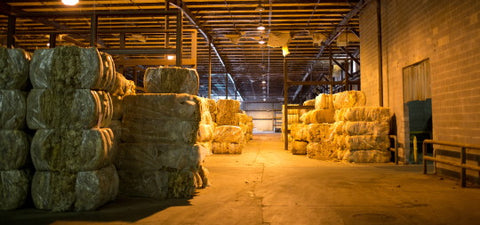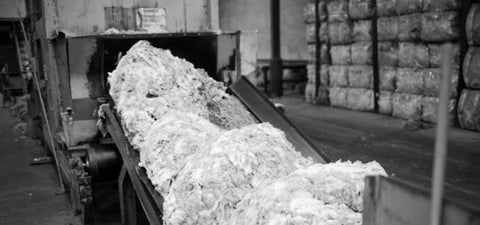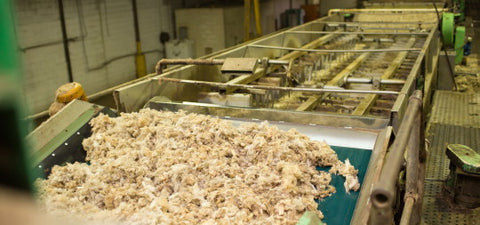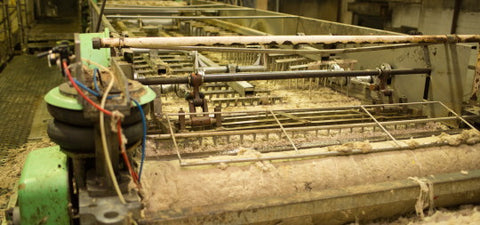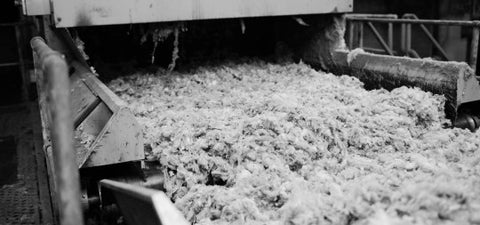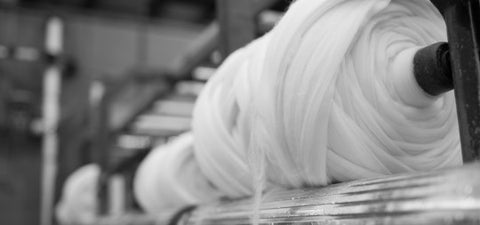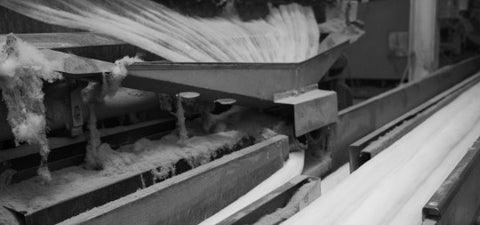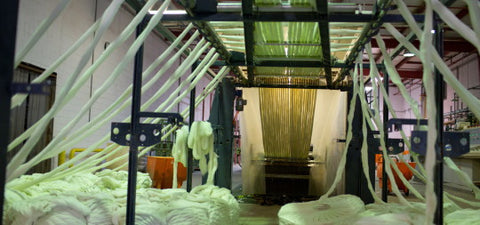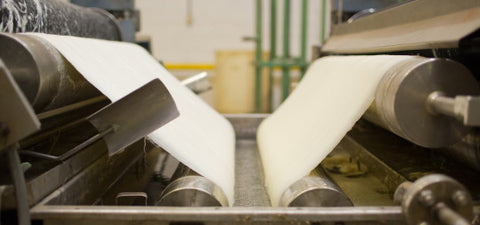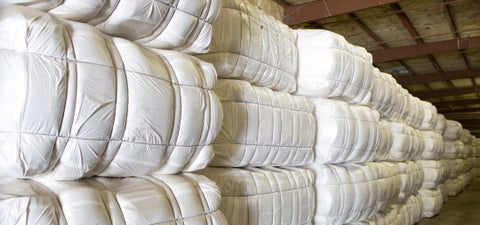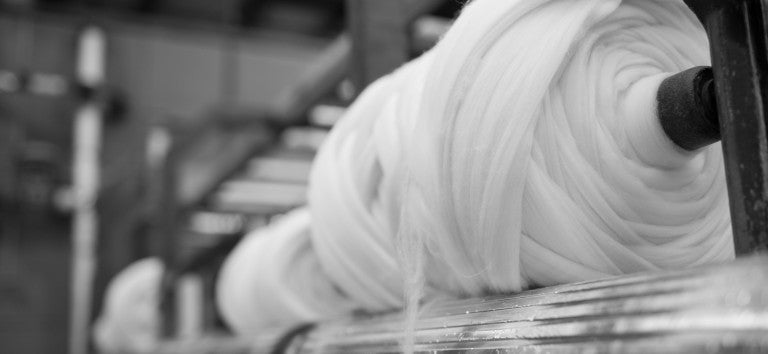Long-term employees at Chargeurs Wool in Jamestown, South Carolina, are some of the last holdouts from the diminishing textile industry in the U.S.
—
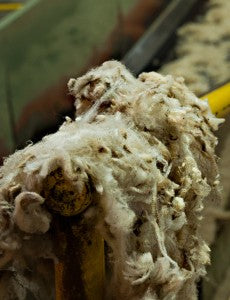
The wool is always the same, Cliff says. The machines that treat the wool, those are always the same, too.
“But it’s the people who are the most interesting,” he says. “The people and their dynamic are what changes. Each one has a different personality.”
Cliff Cox is the plant manager at Chargeurs Wool USA in Jamestown, South Carolina. It’s a rural manufacturing plant that was first built in 1955 by the Prouvost family textile empire and called the Santee River Combing Company. Chargeurs, an international manufacturing company based in Paris, France, bought the mill in the 1990s.
Today, it is the last remaining top making facility in the United States, a wool process that has largely been moved overseas.
When the mill opened in 1955, it employed around 170 workers and it did much of the same work as it still does today. “The Jamestown plant will scour raw wool; card and comb the fibers into condition for spinning into worsted yarn,” read a newspaper story on the plant’s opening in Charleston’s News and Courier newspaper in May 1955.
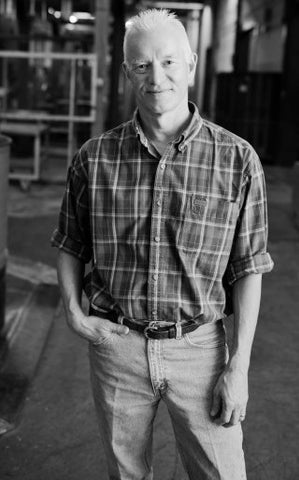
Cliff has been working at the plant for 35 years now. After graduating college with a degree in mathematics, he interviewed for a computer programming job at the plant. He got a job, although not the one he was applying for, and he started as a management trainee in 1977. He climbed up the ranks in management, human resources, and other divisions, and he’s been in his current position as plant manager for eight years now. Part of his job is increasing the efficiency of the plant.
“You have to learn how to treat each person differently. If you can find a way to motivate them in the right way, that’s the most profound way to increase efficiency,” Cliff says. “You can go out and make tweaks on machines, but if you want to make real improvements, you’ve got to work with people.”
Cliff knows something about saving energy and staying in the race for the long haul: He’s a triathlete who signed up for an Ironman as his first sanctioned race.
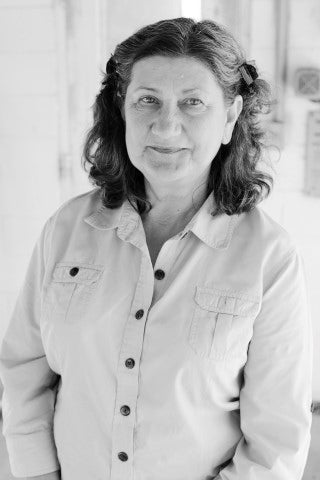
Kay Lambert, Chargeurs’ environmental manager, has been at the plant for even longer than Cliff. Her father was plant manager for 20 years until the mid 1970s. Kay started working there part time to pay for college and when the site environmental manager left, she took over the position. After 37 years with the company, she plans to retire in the next 15 months. She’s ready to spend more time with her family, the 25 horses she and her husband take care of, and baking cakes, a favorite pastime.
Chargeurs has suffered major setbacks along the way—layoffs, budget cuts, and more, due in part to the competition from Asian production. But the company has remained in business and is now the last to be producing American-made top wool.
For Kay and Cliff, it’s that “Made in America” stamp that means the most to them.
“Textiles in the U.S. have slowly been dying since the early ’80s,” says Cliff. “I need to support my family and my country first, so for me, made in America means everything.”
